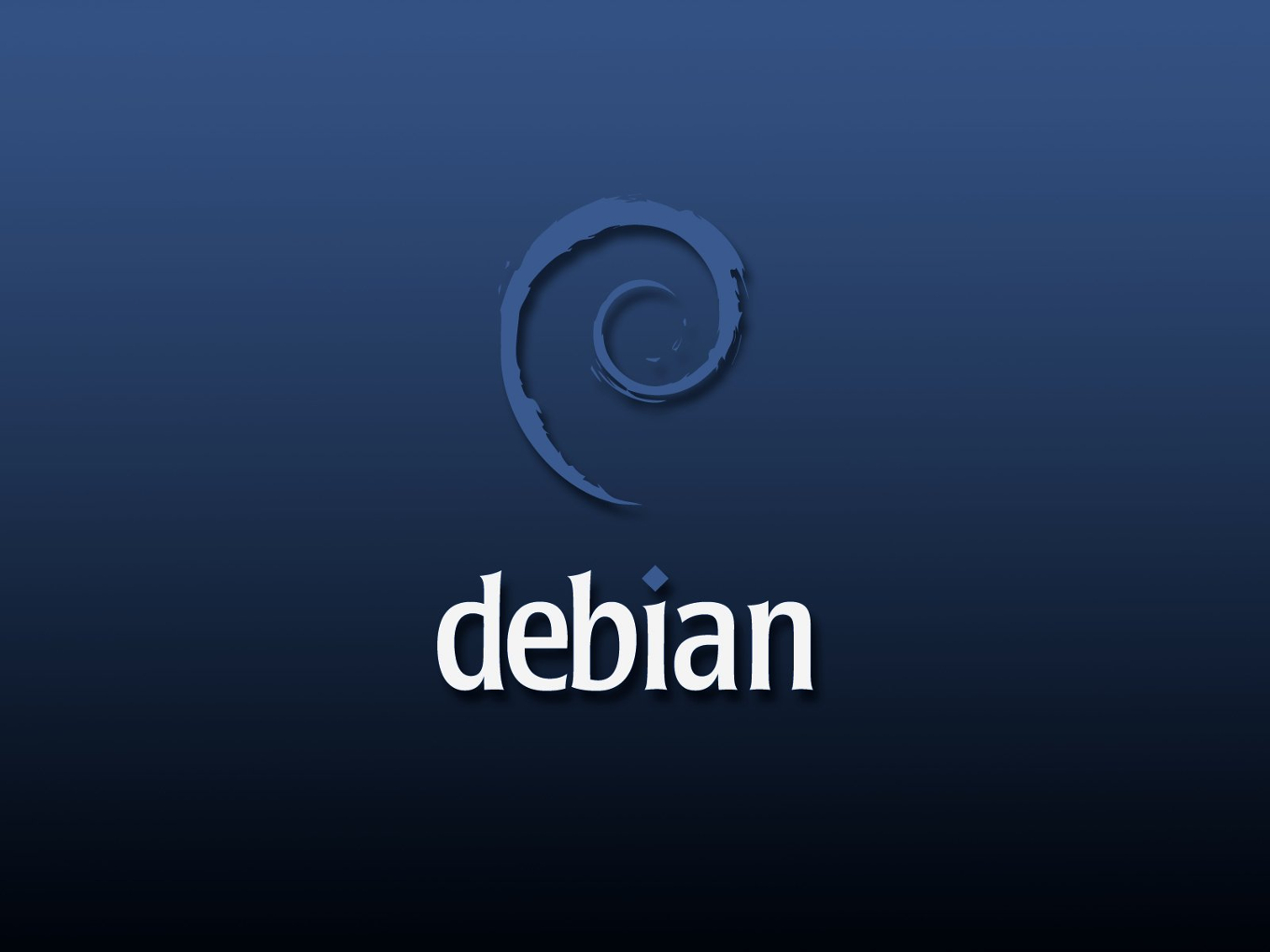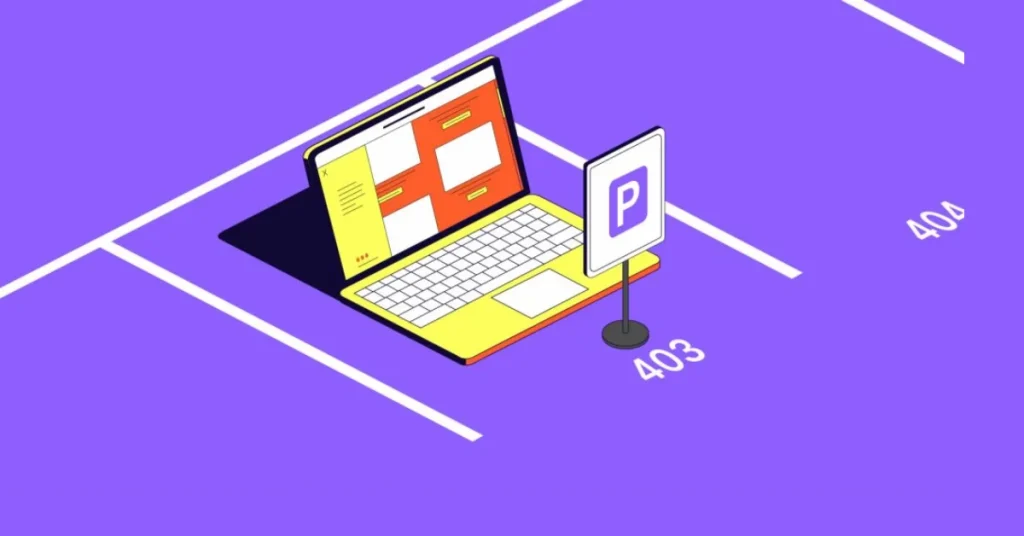Table of Contents
Introduction
Debian OS is a highly versatile and robust open-source operating system based on the Linux kernel. Known for its stability, security, and extensive software repository, Debian has been a foundational pillar in the Linux ecosystem since its inception. Its community-driven development model and strict adherence to free software principles make it a popular choice among a diverse range of users, from casual desktop users to advanced system administrators. This versatility allows Debian to excel in various applications, including server management, desktop computing, embedded systems, and more.
What is Debian OS?
Debian is a free and open-source operating system (OS) based on the Linux kernel. It is one of the oldest and most popular distributions of Linux, known for its stability, extensive software repository, and strong community support. Here are some key aspects of Debian:

- Stability and Reliability: Debian is renowned for its stability, making it a preferred choice for servers and mission-critical systems. It undergoes rigorous testing before release to ensure that it is reliable and bug-free.
- Package Management: Debian uses the Advanced Package Tool (APT) for package management. It has a vast repository of over 50,000 software packages, allowing users to easily install, update, and remove software.
- Free Software Philosophy: Debian adheres to the principles of free software, ensuring that all the software included in the main distribution is free to use, modify, and distribute.
- Community-Driven: Debian is developed and maintained by a global community of volunteers. Decisions about the project are made democratically, reflecting its commitment to openness and collaboration.
- Versatility: Debian can be used on various types of computers and devices, from desktops and laptops to servers and embedded systems. It supports multiple hardware architectures, including x86, ARM, and more.
- Release Cycles: Debian releases new stable versions approximately every two years. Each release is supported for five years with security updates. There are also “testing” and “unstable” branches for those who want to use more up-to-date software at the expense of potential stability issues.
- Derivatives: Many other popular Linux distributions, such as Ubuntu, are based on Debian. These derivatives build upon Debian’s foundation, adding their own features and customizations.
Overall, Debian is a robust, flexible, and secure operating system that caters to a wide range of users, from casual desktop users to experienced system administrators.
Features of Debian OS
Debian OS is renowned for its rich feature set, which contributes to its popularity among various user groups, including desktop users, developers, and system administrators. Here are some of the key features of Debian OS:

- Stability and Reliability:
- Debian is known for its stability, making it a preferred choice for servers and critical systems.
- Rigorous testing procedures ensure that the software is reliable and free of major bugs.
- Package Management System:
- Debian uses the Advanced Package Tool (APT) for managing software packages.
- It provides a vast repository with over 50,000 packages, covering a wide range of software needs.
- Free Software Philosophy:
- Debian adheres to the principles of free software, ensuring that the core distribution consists of free and open-source software.
- It promotes user freedom to use, modify, and distribute software.
- Community-Driven Development:
- The Debian project is maintained by a global community of volunteers.
- Decisions are made democratically, reflecting the collective input of its contributors.
- Security:
- Debian has a dedicated security team that ensures timely updates and patches.
- Security updates are provided promptly to mitigate vulnerabilities.
- Versatility and Hardware Support:
- Debian supports a wide range of hardware architectures, including x86, ARM, MIPS, PowerPC, and more.
- It can be used on various devices, from desktops and laptops to servers and embedded systems.
- Multiple Branches:
- Debian offers different branches to suit different user needs:
- Stable: For users who prioritize stability and reliability.
- Testing: For users who want newer software and are willing to trade some stability.
- Unstable (Sid): For developers and enthusiasts who want the latest features and are comfortable with potential instability.
- Debian offers different branches to suit different user needs:
- Customization and Flexibility:
- Debian can be customized extensively to fit specific needs and preferences.
- Users can choose from various desktop environments, including GNOME, KDE, Xfce, and others.
- Extensive Documentation and Support:
- Comprehensive documentation is available for installation, configuration, and troubleshooting.
- A large and active community provides support through forums, mailing lists, and IRC channels.
- Localization and Internationalization:
- Debian supports numerous languages and regional settings.
- It is designed to be used by people around the world, with extensive localization efforts.
- Rolling Release Option:
- Although Debian primarily follows a release cycle, its “unstable” branch effectively provides a rolling release model for those who prefer continuous updates.
- Live System and Installers:
- Debian provides live system images, allowing users to try it out without installation.
- Various installation options are available, including graphical and text-based installers.
These features make Debian a versatile, powerful, and user-friendly operating system suitable for a wide range of applications.
Pros of Debian OS

Stability and Reliability:
- Pro: Debian is known for its stability and reliability, making it a popular choice for servers and production environments. The software undergoes rigorous testing before being included in the stable release, ensuring that it is free from major bugs and issues.
Vast Software Repository:
- Pro: Debian offers a large repository with over 50,000 packages, providing a wide range of software options for various needs, from desktop applications to server tools.
Strong Security:
- Pro: Debian has a dedicated security team that ensures timely updates and patches, providing robust security for users.
Community-Driven and Open Development:
- Pro: Debian is developed by a global community of volunteers, ensuring transparency and community involvement. Decisions are made democratically, reflecting the collective input of its contributors.
Versatility and Hardware Support:
- Pro: Debian supports numerous hardware architectures, including x86, ARM, MIPS, and more. It can run on various devices, from desktops and laptops to servers and embedded systems.
Customizability:
- Pro: Debian is highly customizable, allowing users to choose from various desktop environments (GNOME, KDE, Xfce, etc.) and tailor the system to their specific needs.
Free and Open Source:
- Pro: Debian adheres to the principles of free software, ensuring that all software in the main distribution is free to use, modify, and distribute.
Comprehensive Documentation and Support:
- Pro: Debian provides extensive documentation and has a large, active community that offers support through forums, mailing lists, and IRC channels.
Cons of Debian OS
Older Software Versions:
- Con: Due to its focus on stability, the stable release of Debian often includes older versions of software. Users who require the latest features may find this limiting.
Complexity for Beginners:
- Con: Debian can be challenging for new users, especially those who are not familiar with Linux. The installation process and system configuration might be more complex compared to more user-friendly distributions like Ubuntu.
Less Frequent Releases:
- Con: Debian’s stable releases are less frequent (approximately every two years), which can be a downside for users who prefer a more regularly updated system.
Proprietary Software Handling:
- Con: Debian’s strict adherence to free software principles means that proprietary software and drivers are not included by default. Users may need to manually enable non-free repositories to install proprietary software, which can be inconvenient.
Hardware Compatibility:
- Con: While Debian supports a wide range of hardware, the out-of-the-box experience for some newer or proprietary hardware may require additional setup and configuration.
Performance:
- Con: The focus on stability and inclusion of older software versions can sometimes result in lower performance compared to distributions that prioritize the latest software and optimizations.
Summary
Pros:
- Stability and reliability
- Vast software repository
- Strong security
- Community-driven and open development
- Versatility and hardware support
- Customizability
- Free and open source
- Comprehensive documentation and support
Cons:
- Older software versions
- Complexity for beginners
- Less frequent releases
- Proprietary software handling
- Potential hardware compatibility issues
- Possible performance trade-offs
Debian is an excellent choice for users who prioritize stability, security, and free software principles, but it might require more effort to set up and maintain, especially for beginners or those needing the latest software.
Uses of Debian OS
Debian OS is versatile and can be used for a wide range of applications due to its stability, security, and extensive package repository. Here are some of the primary uses of Debian OS:

1. Server Operating System
- Web Servers: Debian is commonly used to run web servers using software like Apache, Nginx, and other web technologies.
- Database Servers: It can host various database management systems such as MySQL, PostgreSQL, and MongoDB.
- Email Servers: Debian can be configured to run email servers with software like Postfix, Dovecot, and Exim.
- File and Print Servers: It can manage file sharing and printing services using Samba and CUPS.
2. Desktop Operating System
- General Use: Debian can be used as a daily desktop operating system for browsing, multimedia, office work, and more.
- Development Environment: It provides a stable environment for software development with access to a wide range of development tools and libraries.
- Educational Use: Debian is used in educational institutions for teaching and learning purposes due to its open-source nature and extensive resources.
3. Embedded Systems
- Debian can be used in embedded systems such as routers, IoT devices, and industrial control systems due to its support for various architectures and its lightweight nature.
4. Scientific and Research Computing
- Debian is popular in scientific research for running simulations, data analysis, and managing computational clusters.
5. Virtualization and Cloud
- Hosting Virtual Machines: Debian can serve as both a host and a guest OS in virtualization platforms like VMware, VirtualBox, and KVM.
- Cloud Infrastructure: It is used in cloud environments as a base image for various cloud service providers, including AWS, Google Cloud, and Microsoft Azure.
6. Networking
- Router and Firewall: Debian can be configured to act as a router or firewall with appropriate networking tools.
- VPN Server: It can be used to set up VPN services for secure remote access.
7. Custom Distributions and Derivatives
- Debian serves as the base for many other Linux distributions, including popular ones like Ubuntu, Linux Mint, and Kali Linux.
8. Community and Open Source Projects
- Due to its free and open-source nature, Debian is used in numerous community-driven and open-source projects, providing a reliable foundation for various initiatives.
9. Multimedia Production
- Debian can be used for multimedia production, including video editing, audio production, and graphic design, with available tools like Blender, Audacity, and GIMP.
10. Gaming
- Although not primarily designed for gaming, Debian can run many games available for Linux and supports platforms like Steam.
Debian OS is a versatile and robust operating system suitable for a broad spectrum of applications, from everyday desktop use to complex server management and scientific research. Its stability, extensive package repository, and support for various architectures make it a reliable choice for many use cases.
The programming languages that can support Debian OS
Debian OS supports a wide range of programming languages, making it a versatile platform for developers. Here are some of the most commonly used programming languages that can be run on Debian OS:
- C and C++:
- Debian provides compilers like GCC (GNU Compiler Collection) for C and C++.
- Development tools and libraries for these languages are readily available.
- Python:
- Python is widely supported, with both Python 2 and Python 3 available through the package manager.
- Numerous libraries and frameworks can be easily installed via
pip.
- Java:
- OpenJDK, an open-source implementation of the Java Platform, is available on Debian.
- Tools like Apache Maven and Gradle for Java development are also supported.
- JavaScript:
- Node.js and npm (Node Package Manager) can be installed on Debian.
- Popular JavaScript frameworks and libraries are accessible.
- Ruby:
- Ruby and its package manager, RubyGems, are supported.
- Frameworks like Ruby on Rails can be installed and used on Debian.
- Perl:
- Debian has strong support for Perl, with many modules available through CPAN (Comprehensive Perl Archive Network).
- PHP:
- PHP is well-supported and can be used for web development alongside Apache or Nginx.
- Go:
- The Go programming language (Golang) can be installed and used on Debian.
- Tools and libraries for Go development are readily available.
- Rust:
- Rust can be installed using the Rustup installer or via the package manager.
- Cargo, the Rust package manager, is also supported.
- Haskell:
- GHC (Glasgow Haskell Compiler) and related tools are available.
- Cabal, the Haskell package manager, can be used to manage libraries.
- R:
- The R programming language for statistical computing is supported.
- CRAN (Comprehensive R Archive Network) provides numerous packages.
- Swift:
- Swift, developed by Apple, can be installed and used on Debian.
- Swift Package Manager supports dependency management and distribution.
- Kotlin:
- Kotlin, compatible with Java, can be used for various types of development.
- Tools for Kotlin development are available and supported.
- Lua:
- Lua, a lightweight scripting language, is supported.
- Debian repositories include the Lua interpreter and related libraries.
- Scala:
- Scala, which runs on the Java Virtual Machine (JVM), is supported.
- Development tools like sbt (Scala Build Tool) are available.
- Shell Scripting (Bash, Zsh, etc.):
- Debian supports various shell scripting languages.
- Bash is commonly used for scripting and automation tasks.
- Erlang:
- The Erlang programming language and runtime system are available.
- Tools for developing and managing Erlang applications are supported.
- Elixir:
- Elixir, built on the Erlang VM, can be installed and used on Debian.
- Hex, the Elixir package manager, is supported.
- TypeScript:
- TypeScript can be installed via npm.
- TypeScript development tools and libraries are widely available.
- Julia:
- Julia, designed for high-performance numerical analysis, is supported.
- The Julia package manager allows installation of various libraries.
Debian’s extensive repository and strong community support ensure that a wide range of programming languages and development tools are readily available, making it a flexible and powerful platform for developers across various disciplines.
Conclusion
In summary, Debian OS stands out as a powerful, stable, and flexible operating system that caters to a wide array of applications. Whether used for running web servers, managing databases, developing software, or even serving as the base for other Linux distributions, Debian’s reliability and comprehensive package support make it a preferred choice across different fields. Its commitment to free software and community-driven development ensures continuous improvement and adaptability, making Debian an enduring and essential component of the open-source software world.



